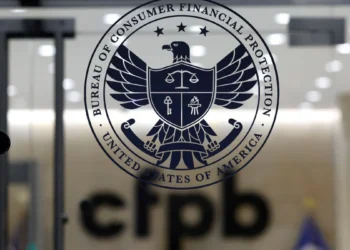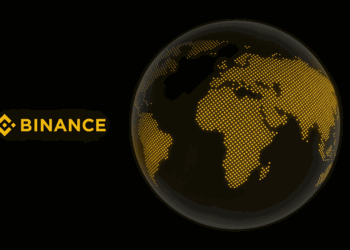Last updated on May 3rd, 2024 at 08:17 pm
Vitalik Buterin, the co-founder of Ethereum, has publicly expressed his support for blockchain initiatives such as Solana, which have recently come under scrutiny from the U.S. Securities Exchange Commission (SEC) in its enforcement actions against cryptocurrency exchanges.
During a Twitter Q&A session with Buterin, Matt Huang, the co-founder of Paradigm, sought Buterin’s perspective on the U.S. policy approach towards cryptocurrencies.
The one comment I’ll make is that I feel bad that @solana and other projects are getting hit in this way. They don’t deserve it, and if ethereum ends up “winning” through all other blockchains getting kicked off exchanges, that’s not an honorable way to win, and in the long term…
— vitalik.eth (@VitalikButerin) June 30, 2023
In response, Buterin voiced deep concern over the potential repercussions of the U.S. SEC’s actions on projects like Solana. He firmly asserted that such projects should not face those overly harsh consequences.
The Ethereum co-founder also expressed his disapproval of a scenario where Ethereum would “win” by eliminating all other blockchains from exchanges. According to Buterin, such a victory would not be righteous and could prove unsustainable in the long run.
The U.S. SEC’s recent actions have sparked significant debate within the cryptocurrency community. Many industry leaders and enthusiasts share Buterin’s concerns about the potential impact of these regulatory measures on innovative projects like Solana and others.
Specifically, the U.S. SEC has taken legal action against prominent cryptocurrency exchanges, including Coinbase and Binance’s U.S. division, Binance.US, alleging that these exchanges allowed the trading of tokens that it considers to be unregistered securities. Notably, Solana’s SOL, Polygon’s MATIC, and Algorand’s ALGO were among the tokens identified as unregistered securities.
In response to the U.S. SEC’s classification of SOL as a security, the Solana Foundation took a strong stance and asserted that the token should not be classified as such. While they disagree with the SEC, they welcome the involvement of policymakers to bring clarity to the legal aspects of the matter.
Similarly, Polygon Labs responded to the U.S. SEC’s allegations regarding MATIC, stating that the token was created and distributed outside the United States with a primary focus on the international community that supports the network.
We are proud of the history of the Polygon network – developed outside the US, deployed outside the US, and focused to this day on the global community that supports the network. MATIC was a necessary part of the Polygon technology from Day 1, ensuring that the network would be…
— Polygon (Labs) (@0xPolygonLabs) June 10, 2023
As the legal disputes continue, both Coinbase and Binance are actively contesting the U.S. SEC’s enforcement actions. Binance faced an early setback when a federal judge rejected its attorneys’ request to censure the U.S. SEC over the language used in a press release. On the other hand, Coinbase took a different approach and filed a motion to dismiss the SEC’s complaint on June 29, 2023. The situation remains dynamic and closely watched by the cryptocurrency community and regulators alike.
If you want to read more news articles like this, visit DeFi Planet and follow us on Twitter, LinkedIn, Facebook, Instagram, and CoinMarketCap Community.
“Take control of your crypto portfolio with MARKETS PRO, DeFi Planet’s suite of analytics tools.”





















